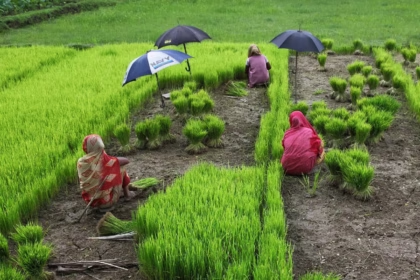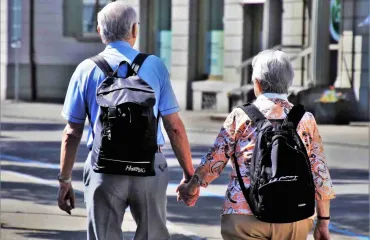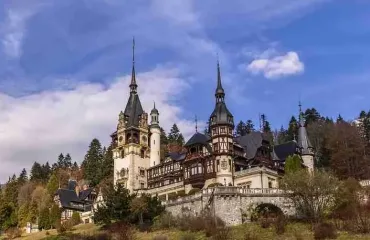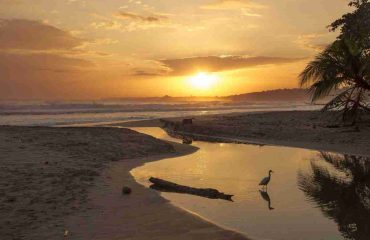
Bangladesh, a country renowned for its lush greenery, sprawling rivers, and vibrant cultural tapestry, is also home to diverse indigenous communities collectively known as the tribal people. These communities, often called “Adivasi” in the local language, represent an essential facet of the nation’s identity. For an intrepid traveller, delving into the lives and traditions of these unique groups provides a glimpse into a less-travelled cultural landscape of South Asia.
Who are the tribal people of Bangladesh?
The tribal population in Bangladesh constitutes approximately 2% of the total population, amounting to around 1.5 million people. These indigenous groups are primarily concentrated in the Chittagong Hill Tracts (CHT), Sylhet, Mymensingh, and Rajshahi regions. Among the most prominent tribes are the Chakma, Marma, Tripura, Garo, Santal, and Mro, each with distinct languages, traditions, and ways of life. Despite sharing the broader national identity of being Bangladeshi, tribal communities maintain unique customs, languages, and lifestyles, which often distinguish them from the Bengali majority. These differences make them integral to the country’s multicultural fabric.
Culture and Traditions
The tribal people of Bangladesh have a rich heritage rooted in oral traditions, storytelling, music, and dance. Their festivals are often tied to the rhythms of nature and agricultural cycles, reflecting their deep connection with the environment.
Chakma and Marma Tribes
The Chakma and Marma are among the most significant tribal groups in the Chittagong Hill Tracts. Their traditions blend elements of Buddhism with local customs. The most notable celebration is Biju, which marks the Bengali New Year. This colourful festival involves cleaning homes, preparing traditional foods, and engaging in communal dances and songs.
Garo Tribe
Predominantly found in the Mymensingh and Sylhet regions, the Garo tribe follows a matrilineal system, where property and lineage are passed through women. Their primary festival is Wangala, a post-harvest celebration dedicated to the god of fertility, Misi Saljong. The festival features traditional drumming, dancing, and feasting.
Santal Tribe
The Santal people, who live in the Rajshahi region, are known for their vibrant festivals, such as Sohrai, which is celebrated after the harvest. They are also famed for their music, instruments like the flute and drum, and intricate handicrafts.
Language and Communication
Each tribal group has its language or dialect, many of which are not written but are passed down orally. For example, the Chakma language uses a script derived from ancient Brahmi, while the Marma people use Burmese script for their language. These linguistic traditions are under threat due to the dominance of the Bengali language in education and media, making preservation a key concern for many tribal communities.
Lifestyle and Livelihood
Tribal people’s livelihoods are deeply intertwined with nature. Many practice jhum cultivation, a form of shifting agriculture, in the hilly areas of the Chittagong Hill Tracts. This traditional farming method aligns with their sustainable lifestyle but often clashes with modern agricultural policies. In recent years, many tribal individuals have migrated to urban areas for education and employment. However, most still rely on agriculture, fishing, and handicrafts for sustenance. Tribal artisans are renowned for their exquisite weaving, bamboo crafts, and pottery, which reflect their cultural heritage.
Challenges and Struggles
While the tribal people of Bangladesh are celebrated for their rich culture, they face significant challenges, including:
- Land disputes: Many tribal communities have lost their ancestral lands due to deforestation, industrialisation, and governmental policies.
- Cultural erosion: The influx of modern influences and the dominance of Bengali culture threaten the preservation of their languages and traditions.
- Limited access to education and healthcare: Tribal regions often lag in essential services, making it difficult for these communities to improve their living standards.
- Discrimination: Social and economic marginalisation impedes their integration into mainstream society.
Efforts to preserve tribal heritage
Despite the challenges, various organisations and initiatives are working to safeguard the heritage of the tribal people. NGOs and cultural groups promote education, healthcare, and documenting tribal languages and traditions. The Bangladeshi government has also implemented policies to protect tribal rights, though their effectiveness remains debatable.
What can we do to support the tribal people?
Learning about the tribal people of Bangladesh offers a broader understanding of global cultures and highlights the importance of cultural diversity. Supporting initiatives that preserve indigenous cultures, whether through ethical tourism or fair-trade purchases of tribal crafts, can contribute to the well-being of these communities. Moreover, it fosters a global responsibility toward protecting vulnerable cultures in an increasingly homogenised world.
The tribal people of Bangladesh are custodians of a rich and diverse heritage that has persisted through centuries. Their vibrant traditions, sustainable lifestyles, and resilience in adversity are inspirational. Exploring the lives of these communities is not just a cultural journey but an opportunity to appreciate the value of preserving humanity’s shared heritage.
As globalisation accelerates, it is vital to support efforts that protect the unique identities of indigenous communities, ensuring their voices and stories continue to enrich the world for generations to come.



